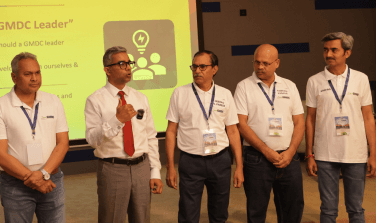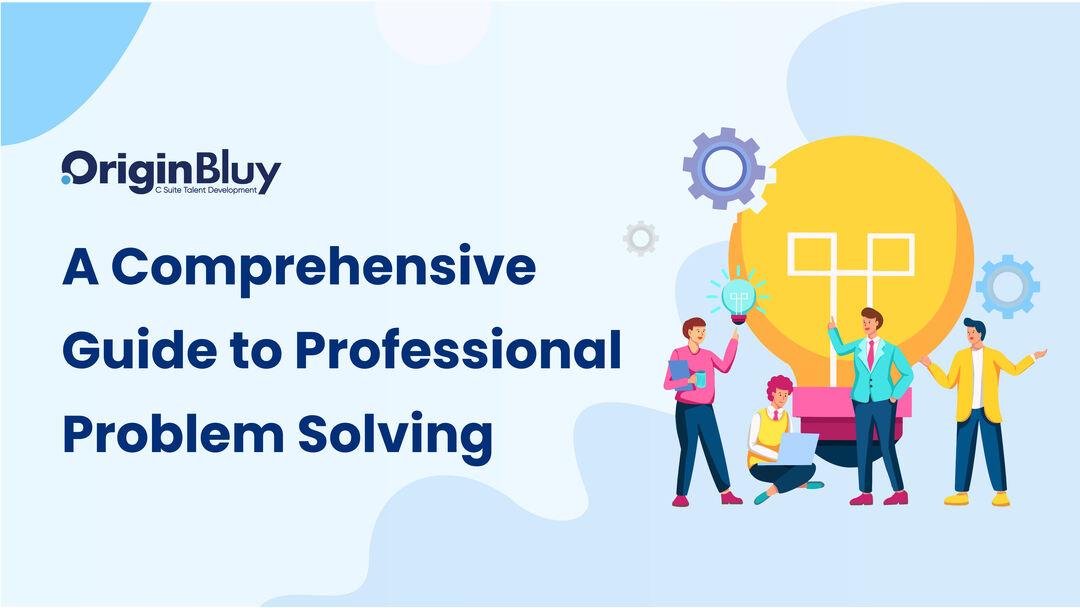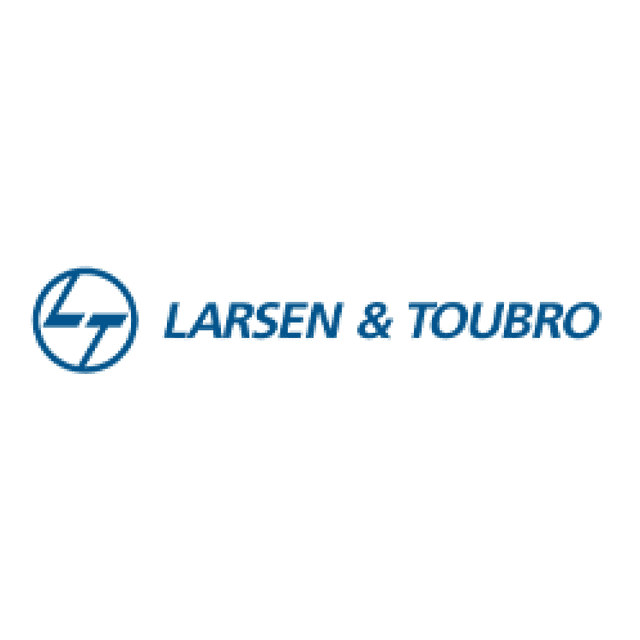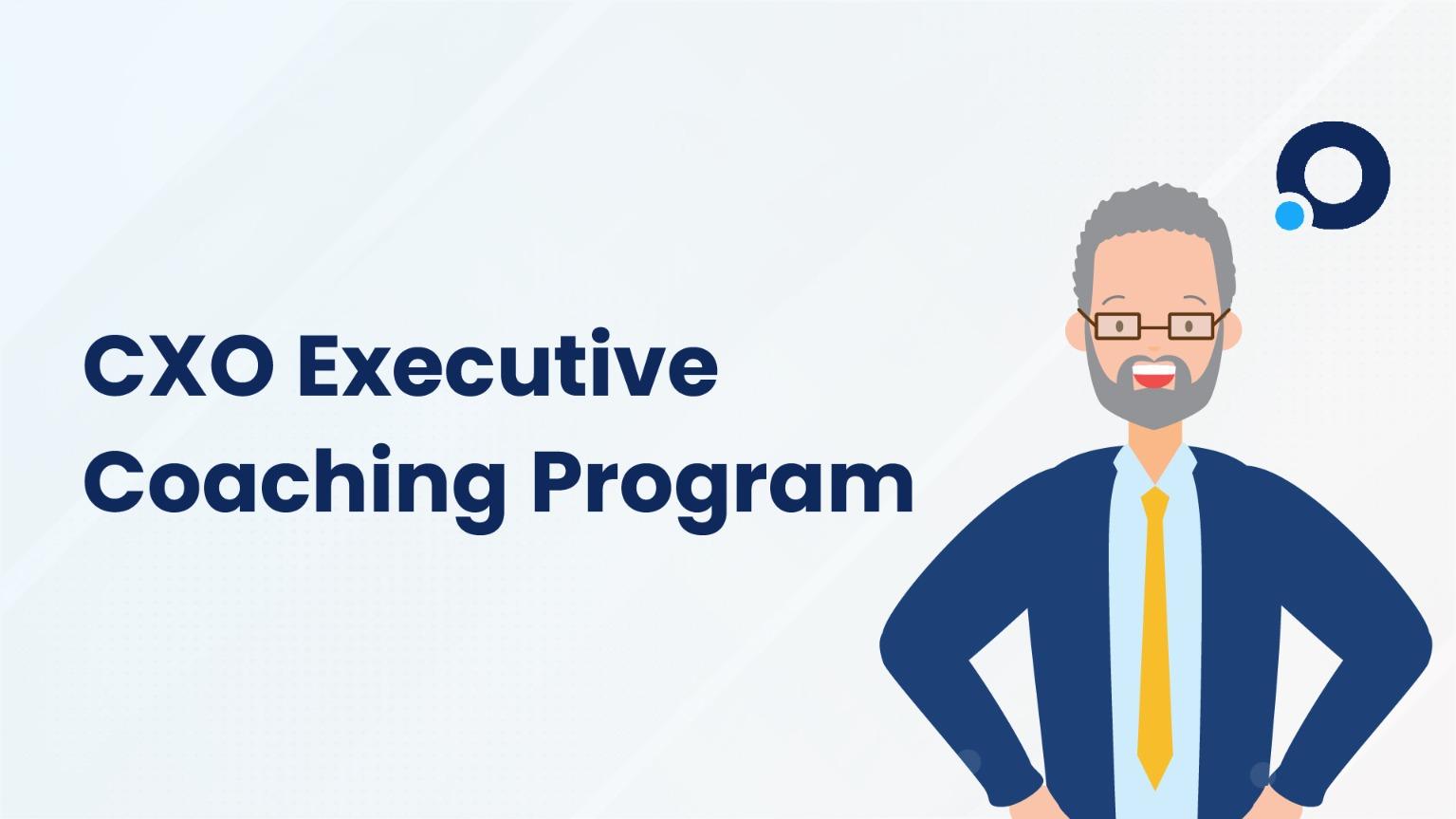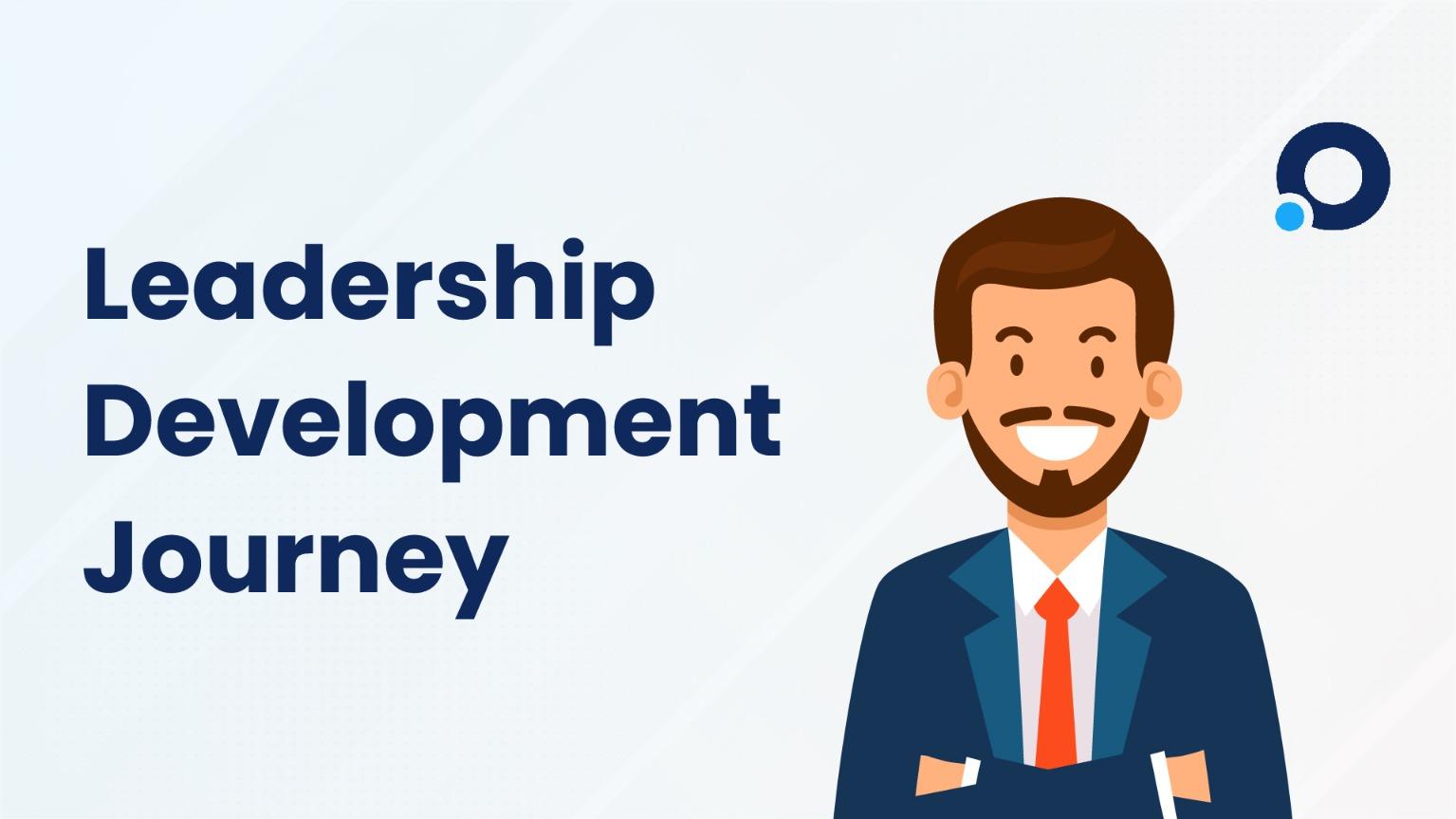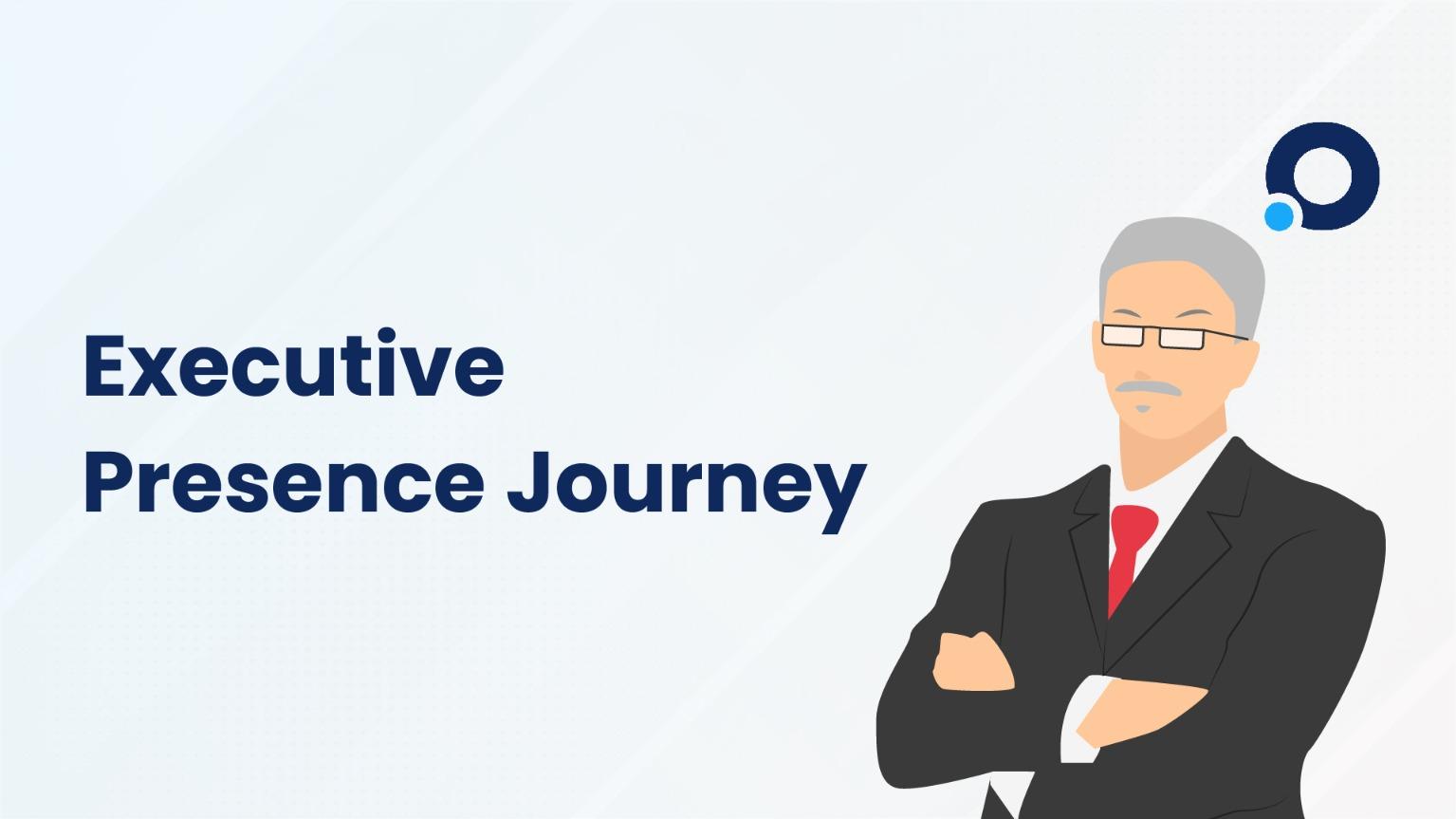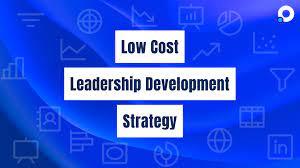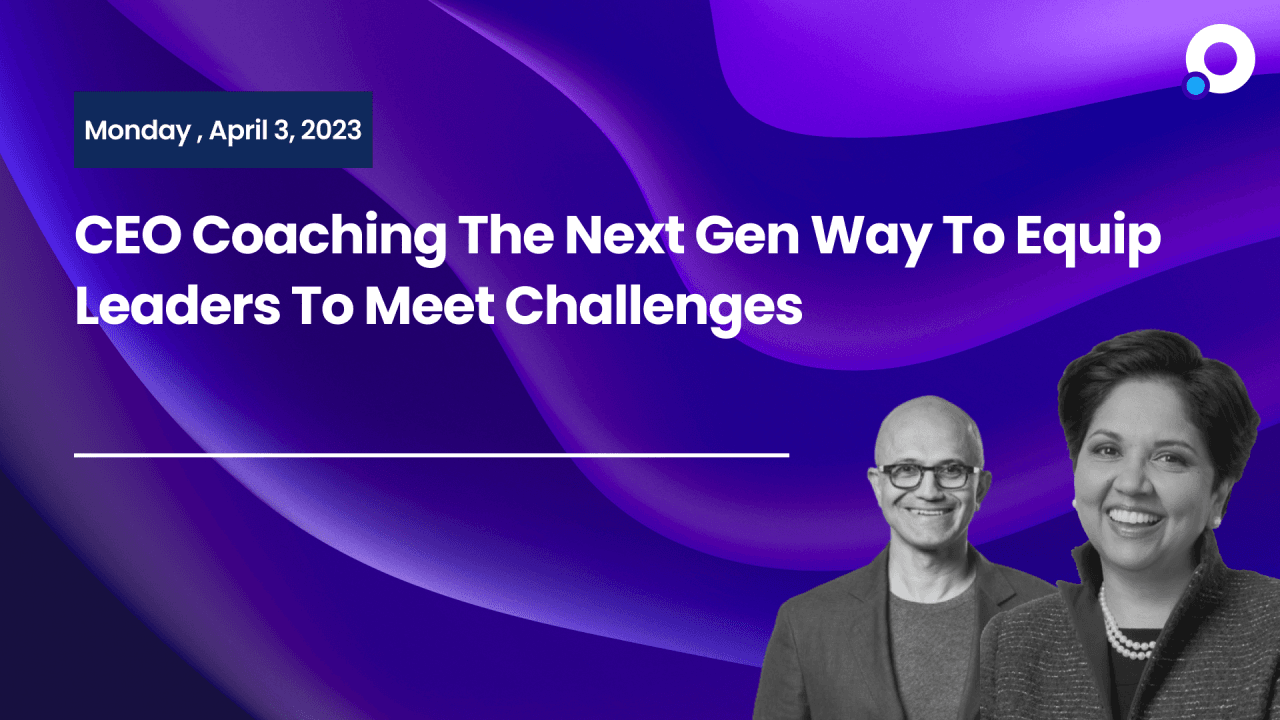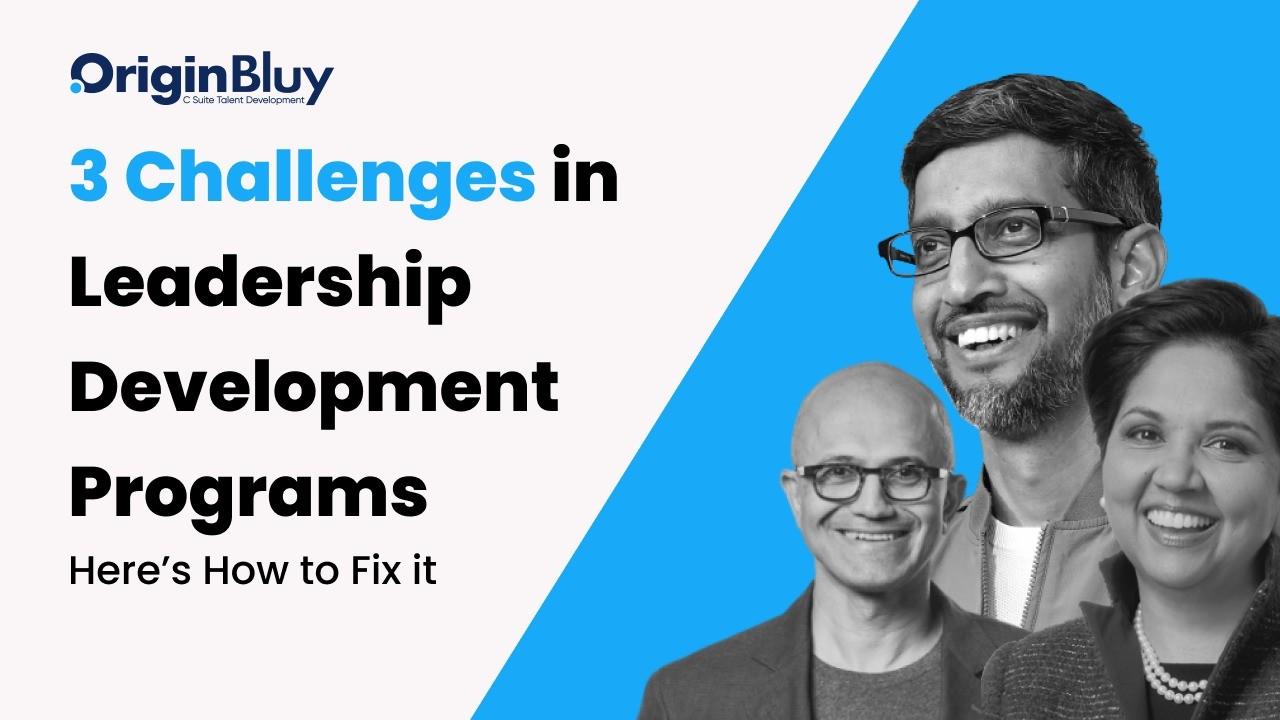Introduction
Achieving personal and professional excellence requires mastery in the art of problem solving. In a world marked by constant evolution, the ability to navigate challenges with innovation and resilience has become a hallmark of success. Creative problem-solving programs have emerged as dynamic platforms meticulously designed not only to cultivate the skills necessary for effective problem resolution but also to instill a mindset that transcends traditional methods. In this comprehensive exploration, we delve into the realm of professional problem-solving, dissecting its key components and elucidating the transformative benefits it bestows upon individuals and communities.
Creative Problem Solving (CPS): A Holistic Approach
Creative problem-solving (CPS) is not a mere process of finding solutions; it represents a holistic approach that encourages individuals to embrace expansive thinking, consider multiple perspectives, and foster innovation in their problem-solving endeavors. Creative problem-solving programs are meticulously structured initiatives that guide participants through a transformative journey of discovery, equipping them with the tools needed to confront challenges both imaginatively and effectively.
Essential Components of Professional Problem-Solving Programs:
- Divergent Thinking in Problem Solving: The professional problem-solving process commences with divergent thinking within these programs. Participants are not just encouraged but challenged to explore a myriad of ideas without constraints. This phase lays the foundation for a rich pool of potential solutions, fostering an environment where creativity can flourish.
- Precision in Problem Definition: Precision in problem definition is a cornerstone emphasized by professional problem-solving programs. Participants undergo a rigorous process of dissecting issues, identifying root causes, and gaining a deep understanding before embarking on the problem-solving journey. Clarity in problem definition sets the stage for effective solutions, and professionals are trained to approach this step with meticulous attention.
- Innovative Idea-Generation Techniques: Engaging exercises within these programs introduce participants to a diverse set of idea generation techniques. From traditional brainstorming to advanced methods like mind mapping, professionals are equipped with a comprehensive set of tools to unlock unique perspectives and devise novel solutions. The goal is to cultivate a robust creative toolbox, tailored for the challenges of the professional landscape.
- Prototyping and Solution Testing: Hands-on experiences are integral to the professional problem-solving process. Professionals develop prototypes to test potential solutions, gaining insights and refining their ideas through a continuous feedback loop. This iterative approach ensures that solutions are not just theoretical but practical and effective in real-world scenarios. Rigorous testing is ingrained in the professional problem-solving mindset.
- Collaborative Problem Solving: Acknowledging the power of teamwork, professional problem-solving programs actively promote collaboration and effective communication. Professionals are guided in fostering an environment where ideas are shared, diverse perspectives are embraced, and constructive feedback is provided. This collaborative approach ensures that the collective intelligence of a group is harnessed, reflecting the sophisticated dynamics of professional problem-solving.
Benefits of Professional Problem-Solving Programs:
- Innovation Amplified: At the core of these programs is the cultivation of a creative mindset. Professionals are not just taught but immersed in an environment that encourages thinking beyond constraints. These programs empower participants to innovate, ensuring that they become catalysts for groundbreaking solutions. The focus is on pushing the boundaries of what's traditionally considered possible in the professional arena.
- Adaptability and Resilience Through Problem-Solving: In an era defined by rapid change, adaptability is a critical skill for professionals. Professional problem-solving programs intentionally equip individuals with adaptive skills, enabling them to navigate change successfully. The resilience gained through this process becomes a valuable asset, aiding professionals in overcoming setbacks and uncertainties inherent in the professional landscape.
- Cross-disciplinary Problem Solving Skills: Professional problem-solving programs deliberately draw participants from diverse backgrounds, mirroring the complex and multifaceted nature of professional challenges. This intentional diversity encourages cross-disciplinary learning, enriching problem-solving endeavors by incorporating a range of perspectives. The result is a holistic understanding of complex challenges that is particularly relevant to the professional context.
- Informed Decision-Making: The ability to generate and evaluate multiple solutions enhances decision-making skills for professionals. Professional problem-solving programs provide participants with a comprehensive repertoire of problem-solving techniques. This enables professionals to make informed choices by considering a spectrum of possibilities and potential outcomes. In a professional setting, informed decision-making is not just advantageous but imperative for success.
Conclusion
Professional problem-solving programs represent more than structured approaches to finding solutions; they are transformative journeys that revolve around the central theme of effective problem-solving. As the professional landscape continues to evolve at an unprecedented pace, these programs play a pivotal role in shaping individuals who not only excel in finding solutions but also thrive in an environment that demands adaptability, innovation, and resilience. The key to a brighter future in the professional realm lies in embracing the art of professional problem-solving, and these programs stand as beacons guiding the way.
In an era where challenges faced by professionals are complex and dynamic, mastering innovation through comprehensive problem-solving approaches is not just advantageous; it's imperative for professional growth and success. Professional problem-solving programs empower individuals to navigate the intricate landscape of their careers with strategic creativity, setting the stage for continuous innovation and excellence.






